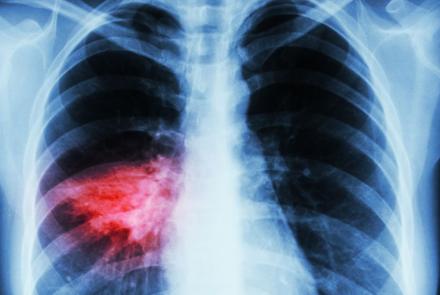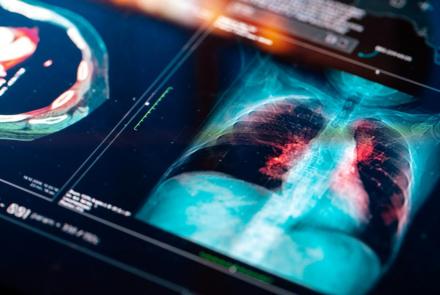Lethargy, loss of appetite or shortness of breath should also be evaluated immediately.
Pneumonia is an infection of the lungs where the air sacs fill with fluid or pus, making it difficult to breathe. “If you have a cough or a cold that is worsening over five to seven days or if you have fevers/chills lasting more than three days, you should seek medical care as you might have pneumonia,” according to Joseline Chummar, MD, an internist with Highland Medical, Clarkstown Medical Associates in New City, NY. “If left untreated, pneumonia can lead to dangerous complications.”
The infection can be caused by a virus or bacteria with symptoms ranging in severity for each person. Viral pneumonia can be caused by Influenza, Rhinovirus, Coronavirus and RSV, while bacterial pneumonia can be caused by Streptococcus pneumonia, Staphylococcus aureus and Mycoplasma.
Individuals with pneumonia may experience the following symptoms and are advised to seek medical care.
- A fever lasting three or more days
- A worsening, persistent cough
- Darker mucous production
- Fatigue
- Pain with deep breaths/shortness of breath
- Loss of appetite and chills
Pneumonia can be diagnosed based on clinical exam findings of lung sounds and vital signs. Physicians who suspect pneumonia may recommend obtaining a chest X-ray. If your physician diagnoses pneumonia, you will be prescribed an antibiotic regimen. Unlike bacterial pneumonia, viral pneumonia will not respond to antibiotics and is better managed with supportive care to help your body’s immune system fight the infection.
Individuals with chronic lung diseases like COPD or those who smoke are more susceptible to pneumonia, as well as those with autoimmune conditions that weaken your immune system. Because pneumonia can be especially dangerous for certain populations, the pneumococcal vaccines aim to protect against the most common cause of bacterial pneumonia.
Recently, the Centers for Disease Control and Prevention recommended some changes to the administration protocol of the pneumonia vaccine. Patients older than 50 years of age should now receive the Prevnar (PCV20) or (PCV21) vaccination, with one dose providing adequate protection. If a person has been vaccinated with the pneumococcal vaccine previously, you may be eligible for a booster vaccine. It would be best to check with your primary caregiver and inquire if you should receive further doses.






